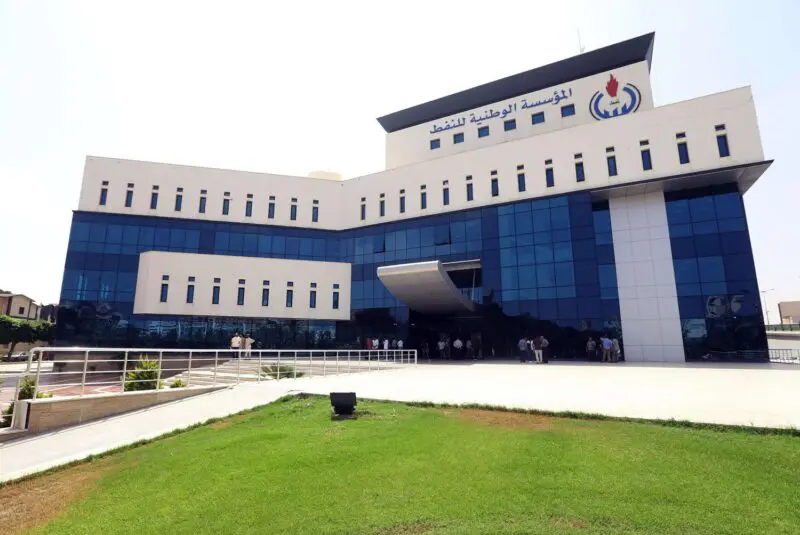Libya Gas Project Faces Political Headwinds
$1.23 Billion Hamada Development Draws Protests Amid Corruption Concerns

A major natural-gas development in western Libya, valued at up to $5 billion, is facing mounting opposition from government officials and local residents. This highlights the challenges of developing energy resources in the politically fractured nation.
The Hamada NC-7 concession, located in Libya’s Ghadames basin, contains an estimated 2.7 trillion cubic feet of gas reserves. The Libyan government has committed $1.23 billion to develop the field, which is operated by a consortium led by Italy’s Eni SpA, alongside TotalEnergies SE of France and Abu Dhabi National Oil Co.
Despite the field’s substantial reserves and existing pipeline infrastructure dating back to the 1960s, the project has encountered significant obstacles. The Tripoli-based Ministry of Oil & Gas has criticised the terms of the proposed development contract between Libya’s state-owned National Oil Corp. (NOC) and the international consortium.
Local communities have staged protests and threatened civil disobedience over concerns about corruption in the concession allocation process. These demonstrations underscore broader concerns about transparency in Libya’s energy sector, which accounts for the majority of the country’s export earnings.
“The presence of existing infrastructure should make this project relatively straightforward to develop,” a source familiar with the matter told Libyan Express. “But the political situation has complicated what should be a straightforward investment.”
Earlier this year, NOC announced a plan to execute 45 greenfield and brownfield projects to boost the country’s oil production from 1.25 million barrels a day (b/d) to 2 million b/d.
Farhat Bengdara, the chairman of NOC, said that the projects have a total estimated cost of $17 billion to $18 billion. Bengdara also confirmed plans to launch an oil and gas licensing round at the end of 2024 or early 2025.
Libya is aiming to hit its 2 million b/d target within three years. Bengdara said that gas monetisation will remain a strategic focus as the country pushes to increase exports to Europe. Libya is currently only using 25% of the capacity of its Greenstream pipeline to Italy.
The project’s fate could have significant implications for Libya’s energy sector, as Libya seeks to expand its natural gas production capabilities at a time when European countries are looking to diversify their energy supplies.
Industry analysts say the success of the Hamada development depends on the consortium’s ability to navigate Libya’s complex political landscape while addressing local concerns about transparency and revenue sharing.
How to submit an Op-Ed: Libyan Express accepts opinion articles on a wide range of topics. Submissions may be sent to oped@libyanexpress.com. Please include ‘Op-Ed’ in the subject line.
- HoR hears from prime ministerial candidates - May 28, 2025
- AU pushes for lasting truce after Tripoli clashes - May 24, 2025
- Libyan entities dispute financial transfer allegations - May 24, 2025


